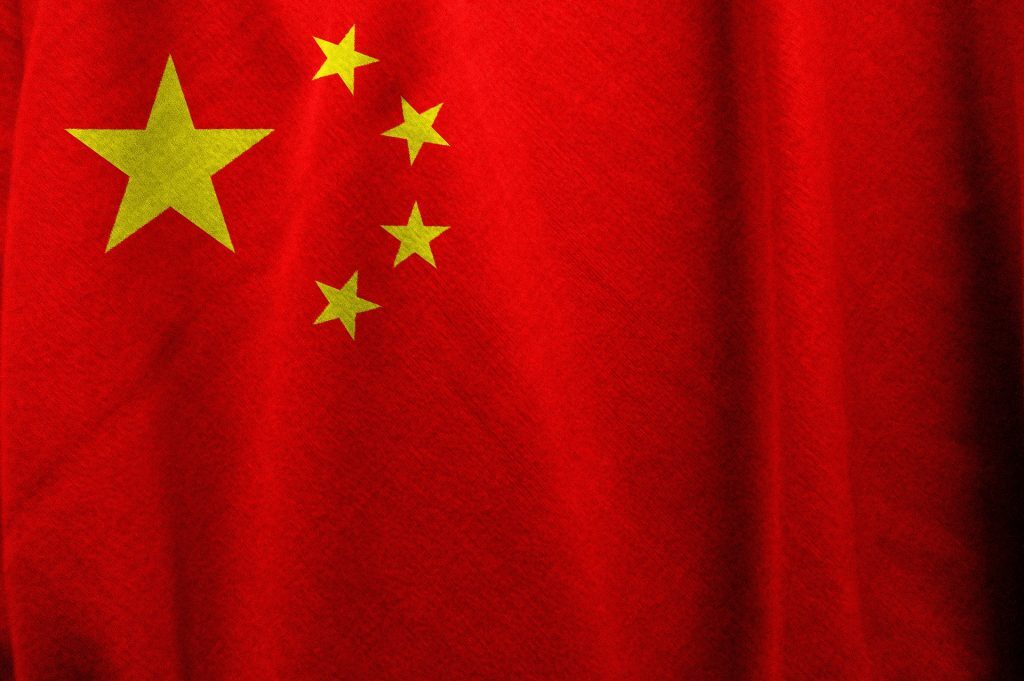China and SA have different views when it comes to computer games. China has enforced time limits whereas SA tries to control content.
The world’s strictest regulation of video games came into effect in China this month. Children younger than 18 may not play video games, regardless of platform, for more than three hours a week. And they may play only at certain times, on certain days: 8 pm-9pm on Friday, Saturday, Sunday and public holidays.
The weekly total may not exceed three hours. This came in the same week that a subject called “Xi Jinping Thought” was added to the national school curriculum. Chinese state media has called video games “electronic drugs”, comparing them to “spiritual opium”.
The rules focus on digital wellbeing. “Gaming addiction has affected studies and normal life …and many parents have become miserable,” says China’s National Press & Publication Administration (NPPA). The
to help free children from this “digital opium”.
Reuters reports: “The new rules … are part of a major shift by Beijing to strengthen control over its society and key sectors of its economy, including tech, education and property, after years of runaway growth.”
The restrictions encompass any gaming devices, whether PCs, consoles or even phones.
“Teenagers are the future of our motherland,” Reuters quotes an NPPA spokesperson as saying.
“Protecting the physical and mental health of minors is related to the people’s vital interests and relates
to the cultivation of the younger generation in the era of national rejuvenation.”
While people are quick to judge Chinese legislation, many parents might favour incentives from the government to limit their own children’s digital hobbies.
There is certainly no indication that the SA government will follow suit. The video game market in SA
is set to grow from R3.5bn in 2018 to R5.44bn in 2023, according to Statista. The country has about 11-million gamers. China has 720-million and about 110-million of these are under 18.
The industry is worth billions in SA and limiting access to it may not be the best economic move. That’s without the cost of policing a China-like restriction.
In China, the onus is on gaming developers and publishers to ensure that children cannot access
games outside the time limits — they will have to put verification systems in place.
Gaming companies are being pressed to collect players’ real names as found on their IDs. This will allow the companies to co-operate with the government and cross-check the names with official records. Players under 18 won’t be able to access any games, online or not, via a gaming system if they don’t provide their full names.
There are a few glaring holes in this system, but the Chinese government has been policing its gam-
ing laws for many years. In 2019, Chinese children were allowed to play games for only 11⁄2 hours a day and three hours on holidays. From 2000 to 2015, China even prohibited the sale of video game consoles including Sony ’s PlayStation and Microsoft’s Xbox, citing concerns that gaming would have a harmful effect on children.
But increased restrictions don’t mean children will necessarily spend less time looking at screens. “Minors who comply with the game-time limits may fill their free time with streaming video, even more so than they do now,” says Niko Partners, an Asian gaming market research firm. “Streaming video time is restricted for minors already, yet not as much as the new rule on gaming.”
The government has even pressed local gaming giant Tencent into helping it regulate how much money minors spend on games. In SA, the Protection of Personal Information Act also applies to
gaming. If any game or gaming system requires the personal information of an SA citizen, that information will be protected, and the game developer will need to comply with the act.
The Film & Publication Board has strict guidelines for age ratings on games that enter the SA market. So while the playing of video games have no time limits, content is restricted. “Censors must consider a wide
range of factors when classifying interactive games in SA as suitable for only certain age groups …among them, the ‘competitive intensity’ of computer games involving violence,” Business Insider reported in 2019.
While SA children are limited in the types of games they can access, Chinese kids are not bound by such rules. In both countries, it’s important to consider that it is possible for minors to sidestep the law and access games at any time. Especially if household rules don’t align with those of the government.
This article originally appeared in the Financial Mail




